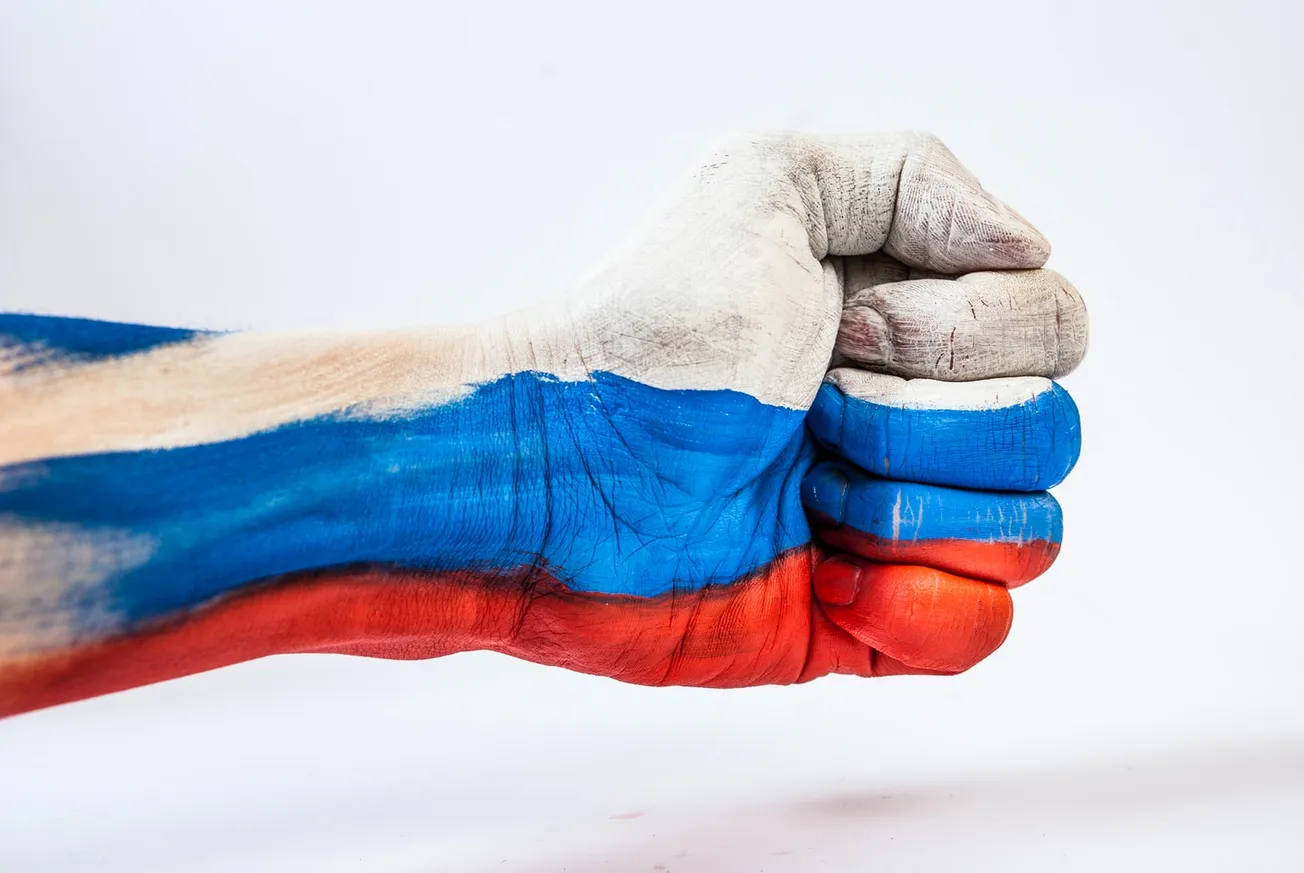Table of Contents
Has the war for the Ukraine already begun? Shelling along the frontline between Russian-backed separatists and Ukrainian forces has intensified. Western leaders are warning that an invasion is imminent. In fact, according to the US and UK, a planned Russian invasion is already under way.
The convenient requests for aid by two breakaway Ukrainian regions may well be the trigger that Russian president Vladimir Putin needs.
On Monday, Mr Putin said he was considering requests to formally recognise two eastern Ukrainian regions held by pro-Russian separatist groups as independent states.
Denis Pushilin and Leonid Pasechnik, leaders of the self-proclaimed Donetsk People’s Republic (DPR) and Luhansk People’s Republic (LPR) respectively, made the requests to the Kremlin and asked for military and financial aid as the situation in those regions became increasingly critical.
The Russian leader duly informed his security council that it was necessary that their appeals be considered seriously.
Because, of course it is.
Without wishing to draw too-alarmist parallels and violate Godwin’s Law, the situation is not unlike that in the Sudetenland region of the former Czechoslavakia. The prevalence of ethnic Germans in the region was Hitler’s excuse for demanding to annex it in 1938. Similarly, around 800,000 Russian citizens live in the two breakaway regions of Ukraine — citizens Moscow says back the independence claims of the DPR and LPR.
Recognising their independence is a convenient pretext to send Russian troops across the border, to “protect” the breakaway states.
Both the DPR and LPR declared their independence on 12 May 2014 after Mr Putin annexed the Crimean Peninsula in response to his preferred pro-Moscow presidential candidate, Viktor Yanukovych, having been driven from power by mass protests.
An estimated 14,000 people have been killed in the ongoing conflict in the region over the last eight years, with Nato and Ukraine accusing Russia of arming the separatist rebels, a charge the Kremlin denies.
Kiev, on the other hand, officially regards both the DPR and LPR as terrorist organisations. The US, EU and other international bodies have not joined in the designation.
Their previous leaders, Alexander Zakharchenko and Igor Plotnitsky, were signatories to the Minsk agreements of 2014 and 2015, which were forged in the hope of ending the violence but which were never enacted because of differing interpretations of the accords.
Russia insisted that it was not a party to the conflict and that the agreement therefore did not apply to it, arguing that it could not remove armed forces and military hardware from Donetsk and Luhansk because the combatants were part of a separatist insurgency and not its own.
The Independent
And so the conflict has simmered on, with the Minsk accords ultimately solving nothing.
According to the Ukraine, the accords granted it the right to re-establish control over the breakaway territories. Russia, by contrast, saw them as the means to grant autonomy to the separatists and bring them under Moscow’s wing.
What happens in the next few days is anyone’s guess. About all that’s likely is that this post will be out of date by the time it’s published.









